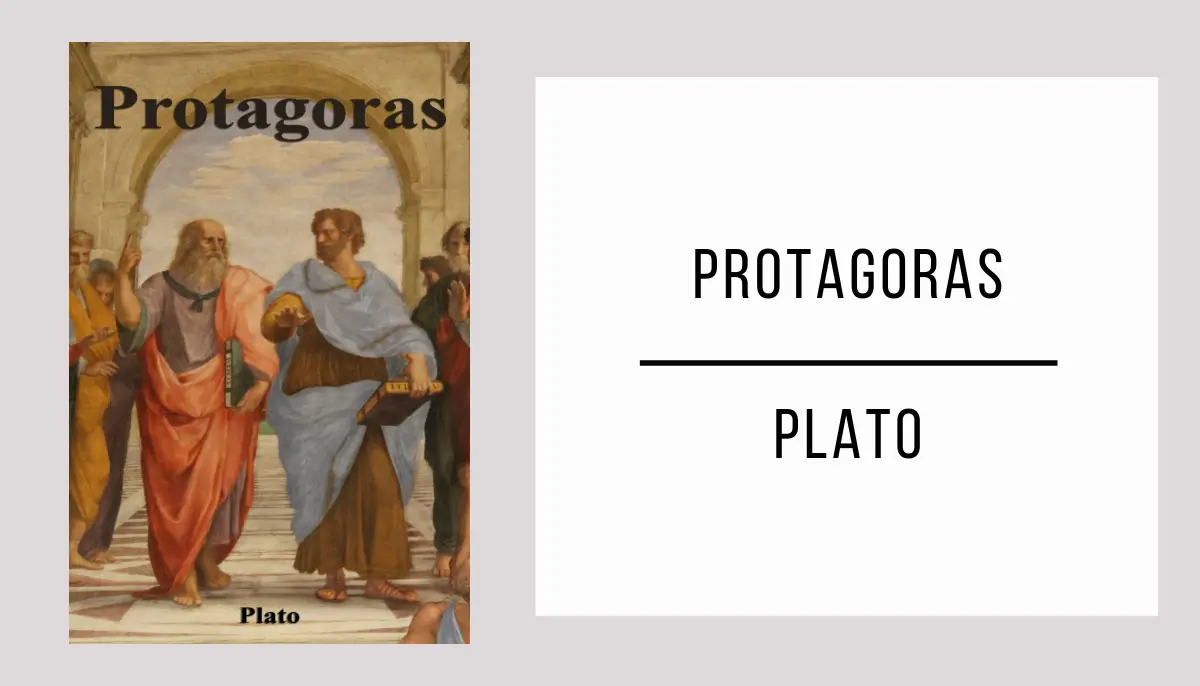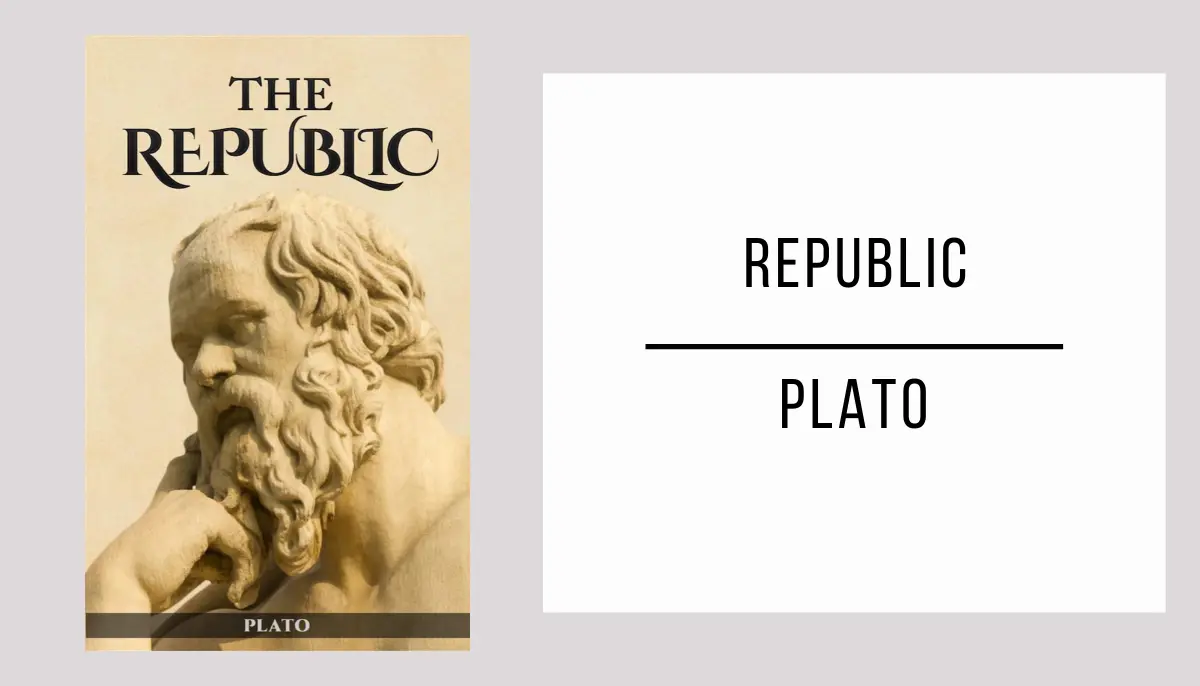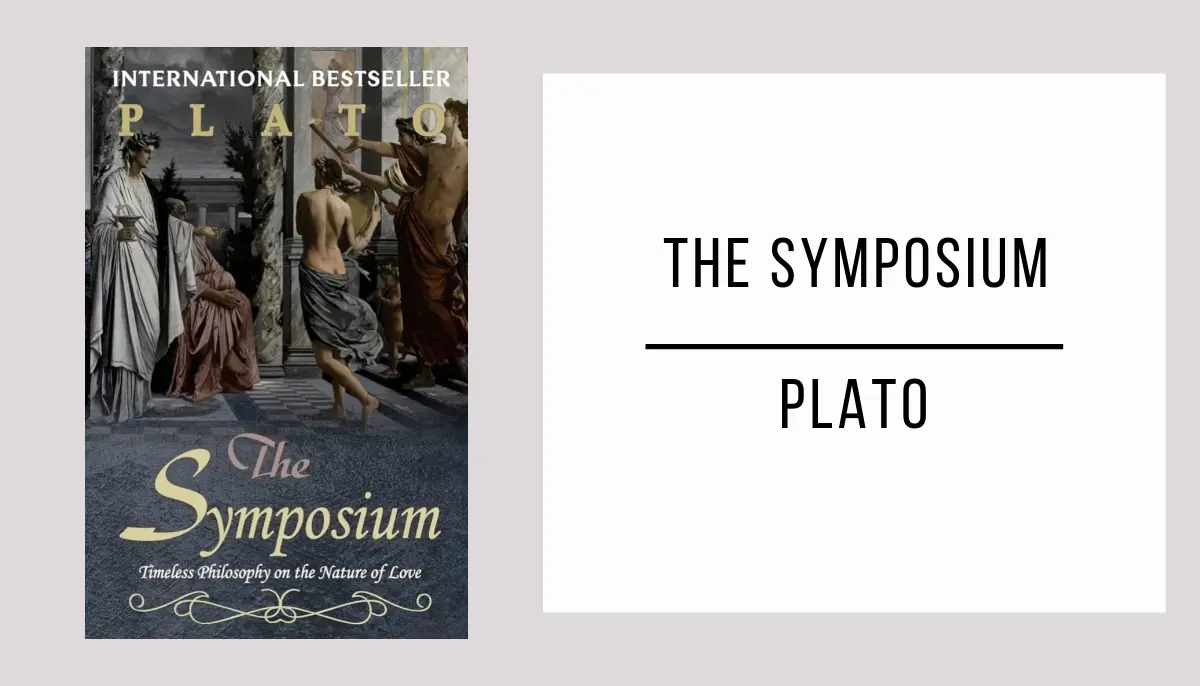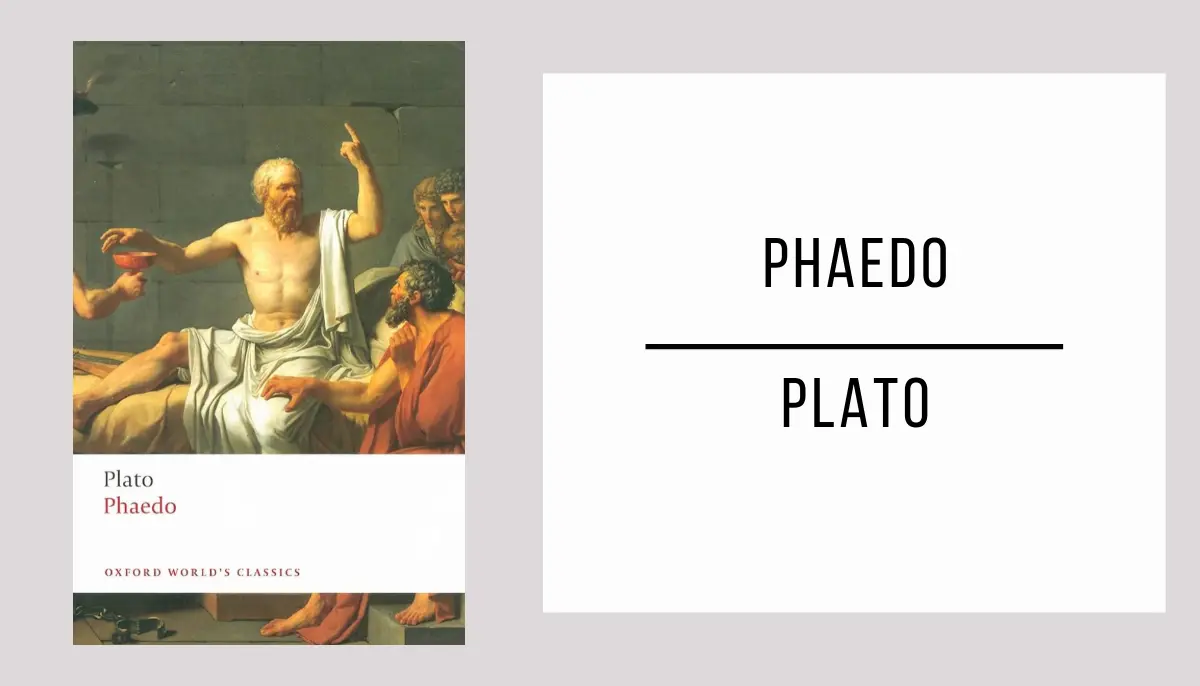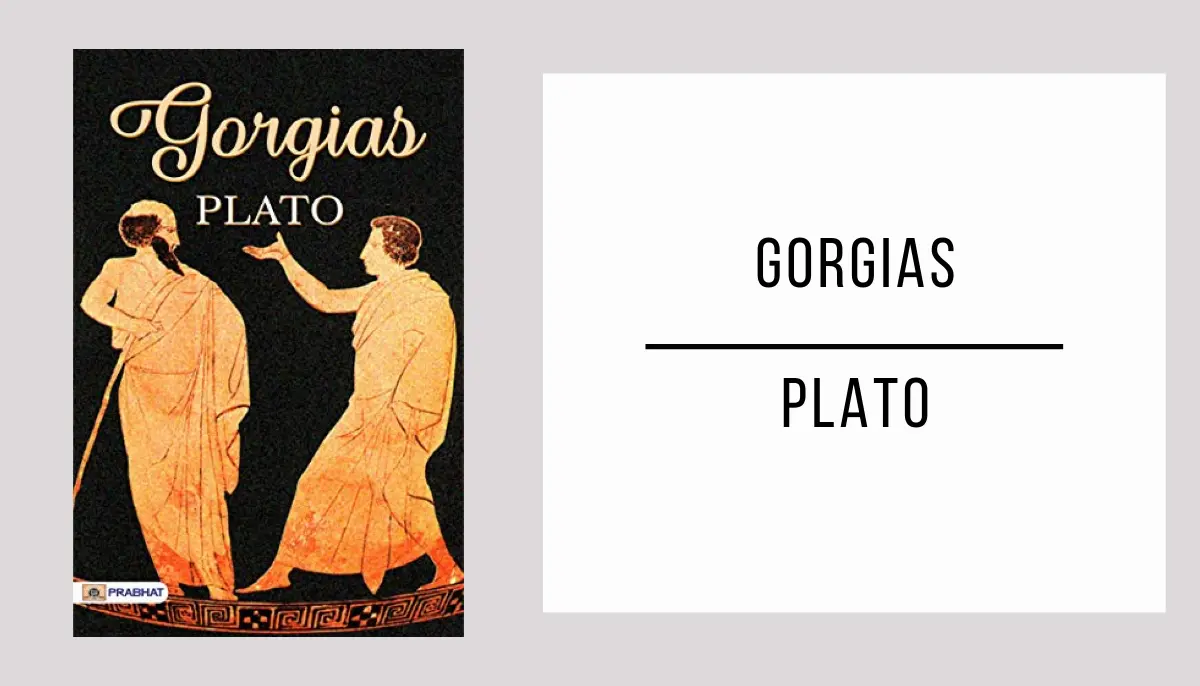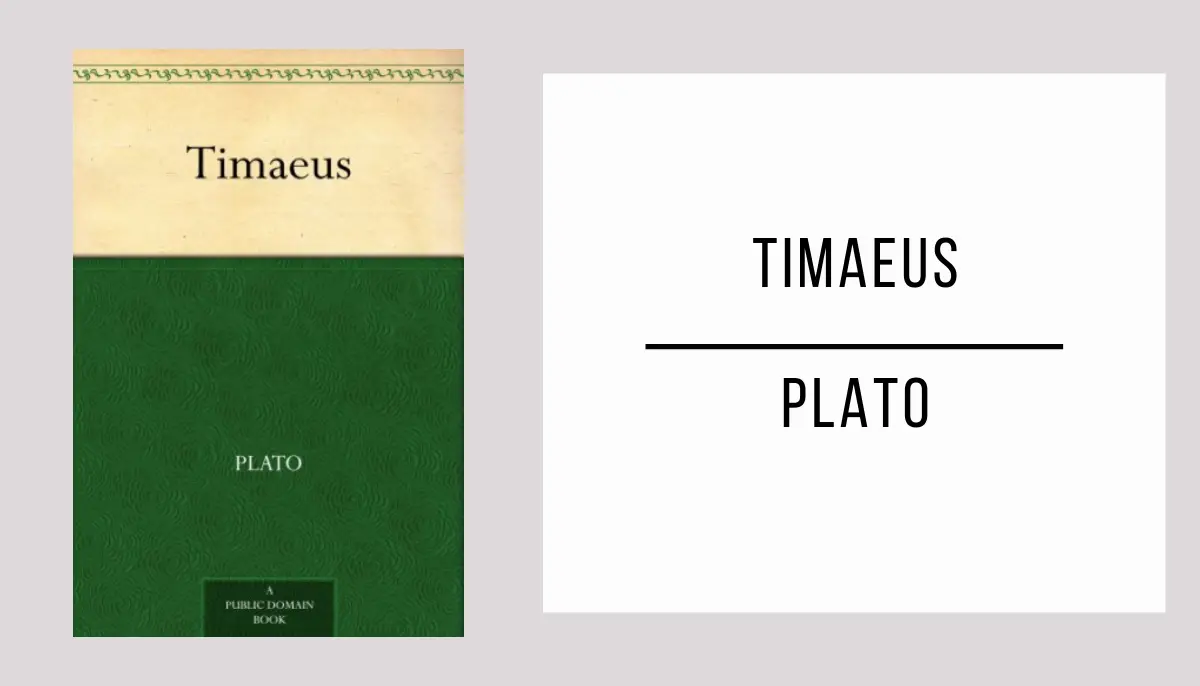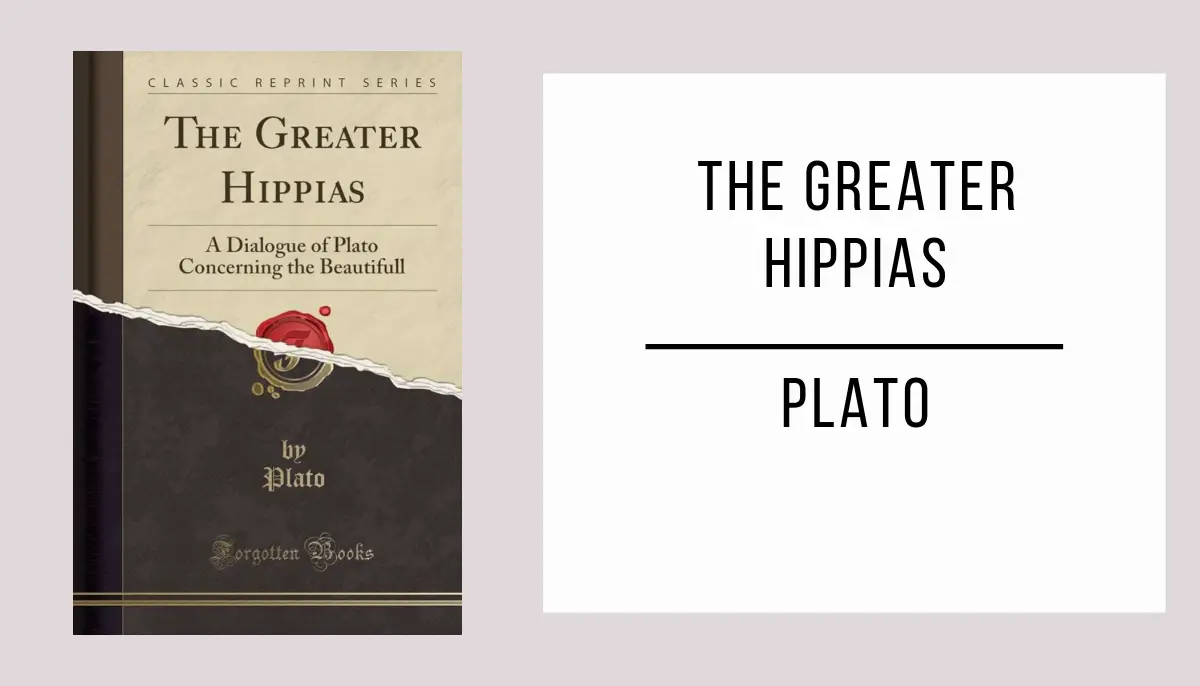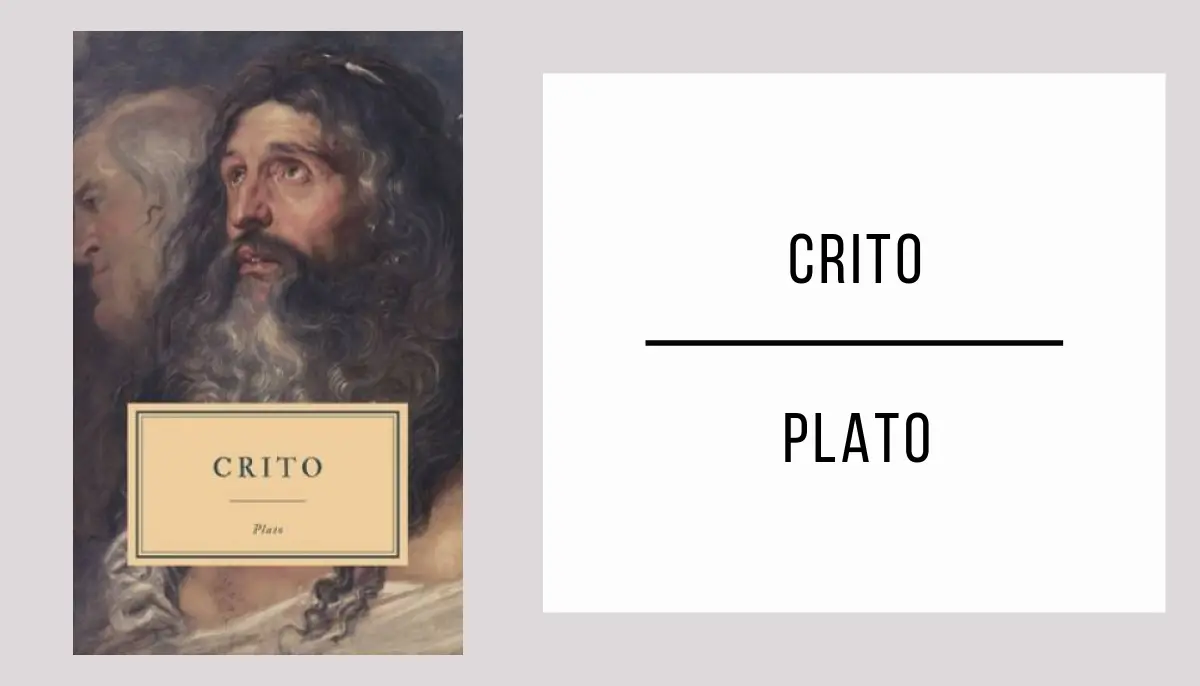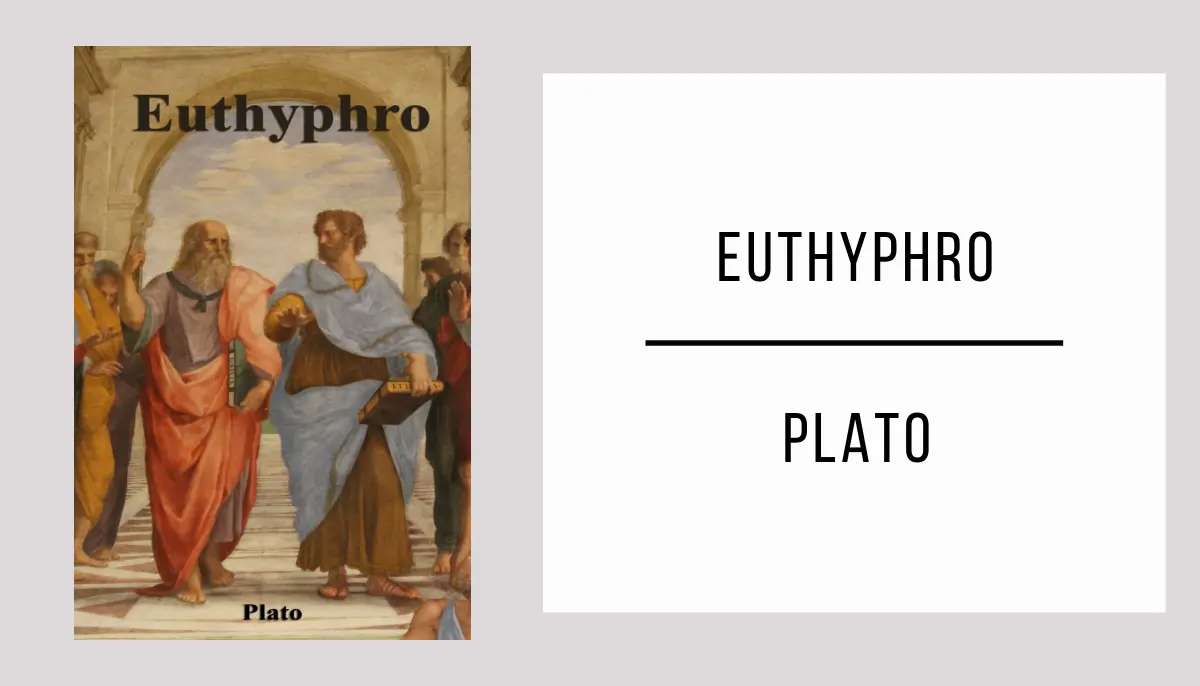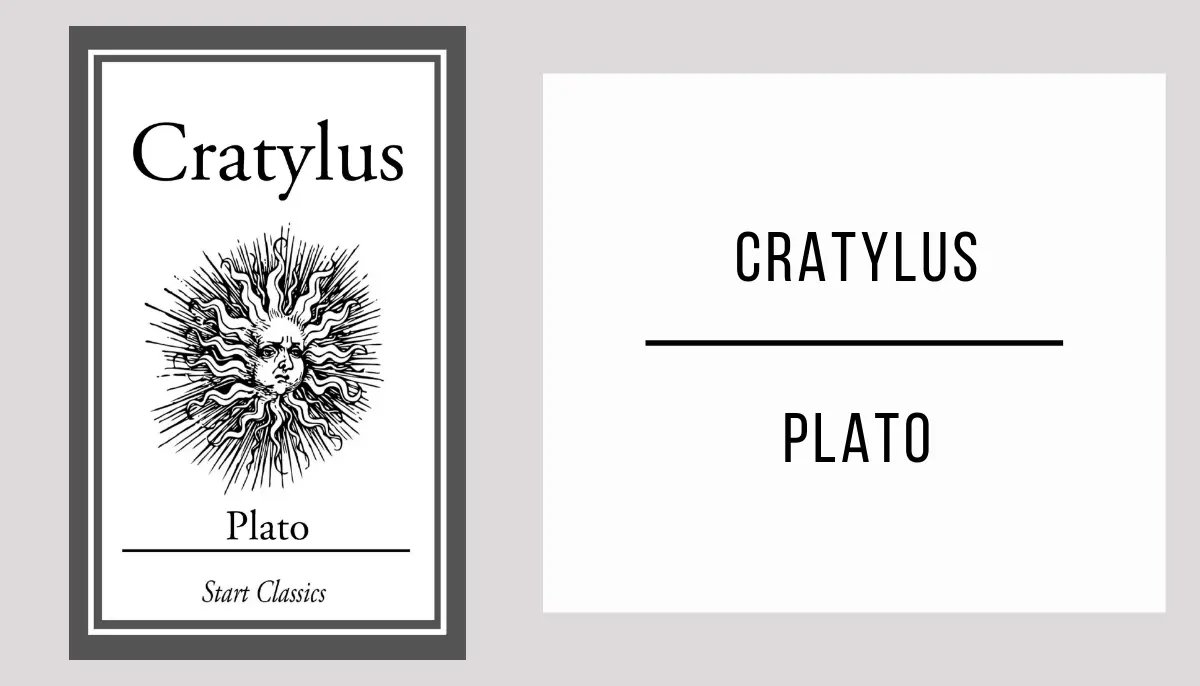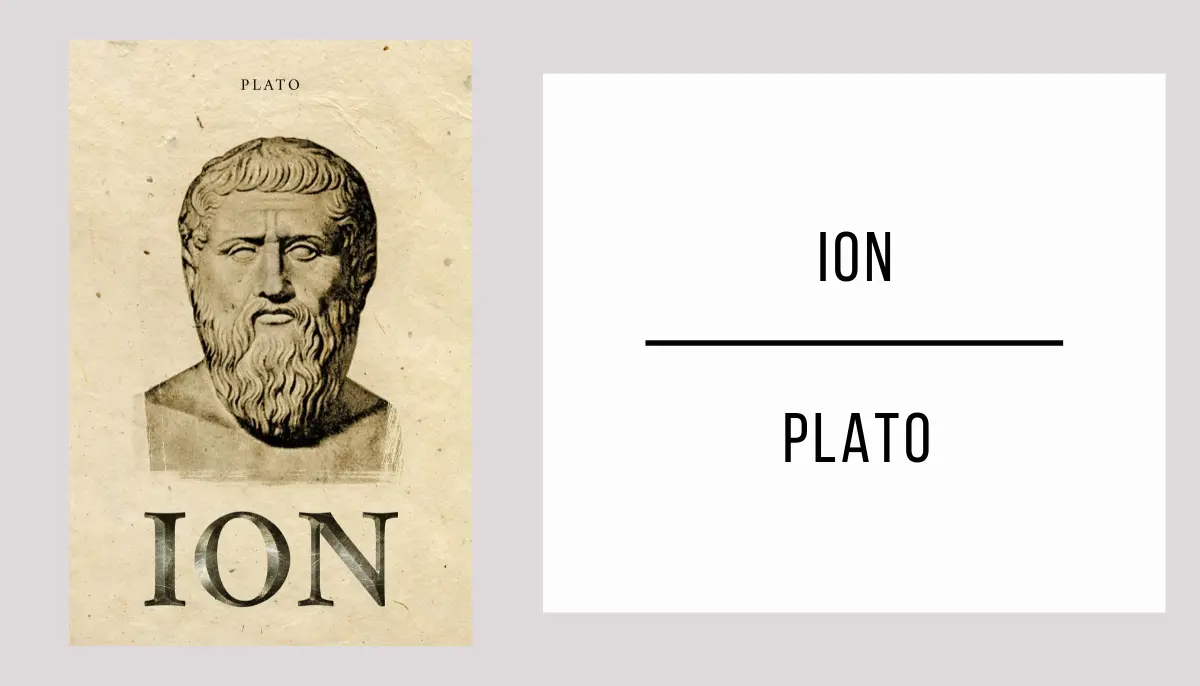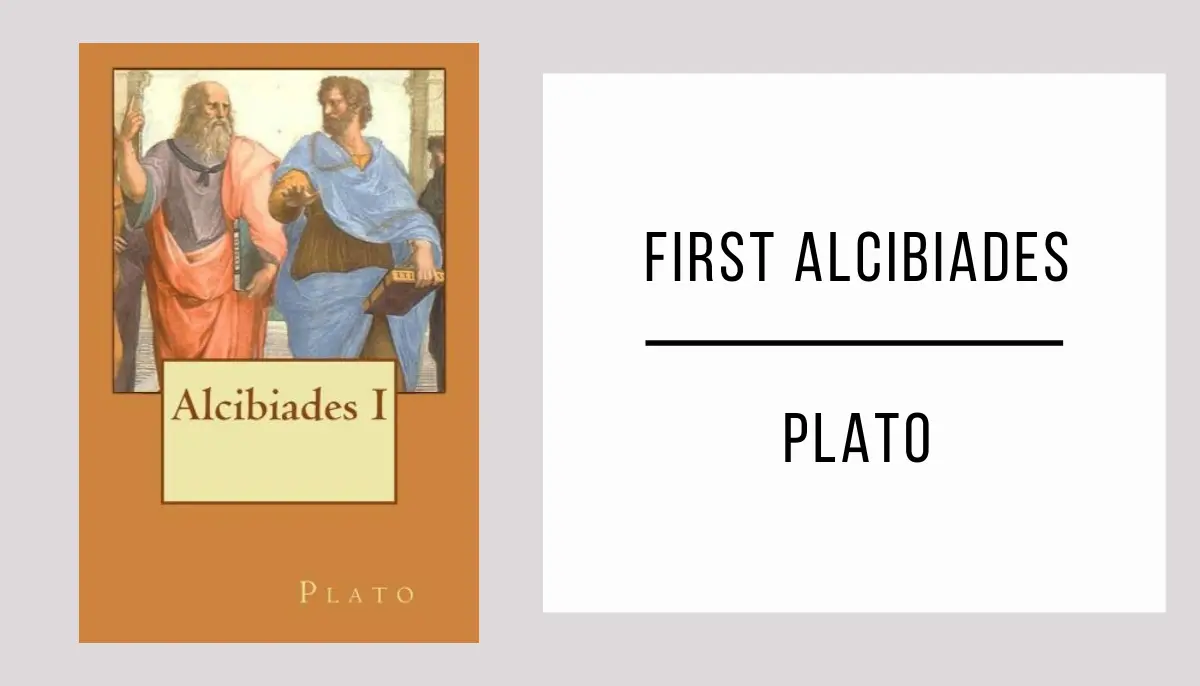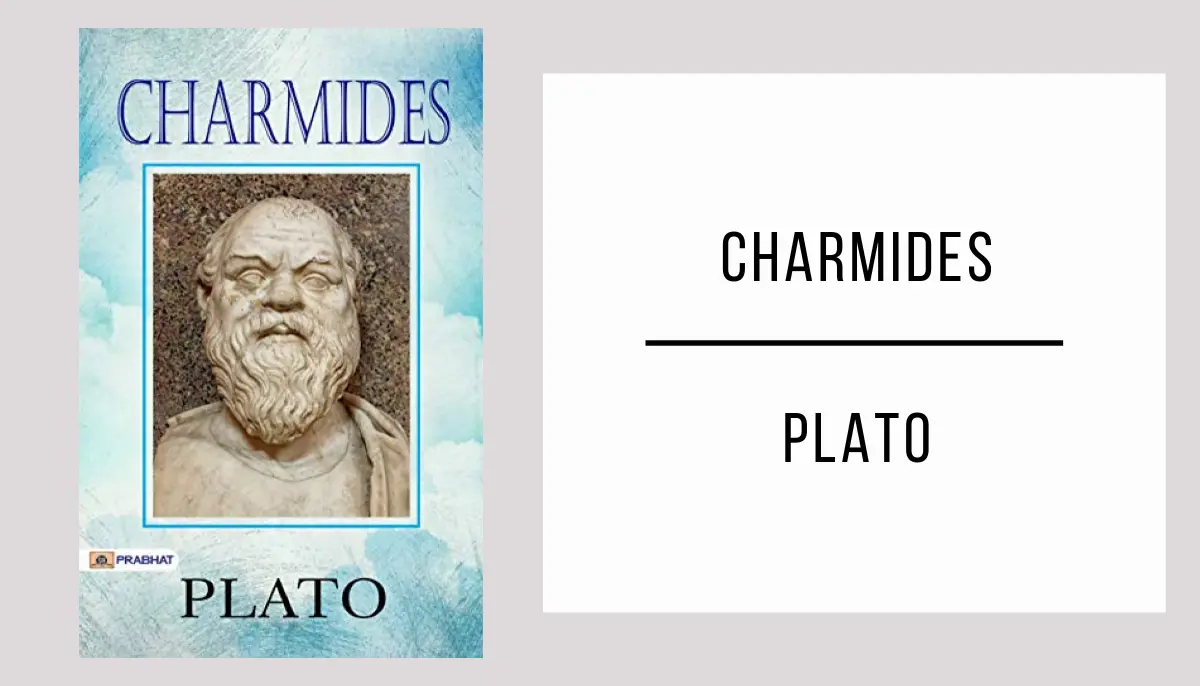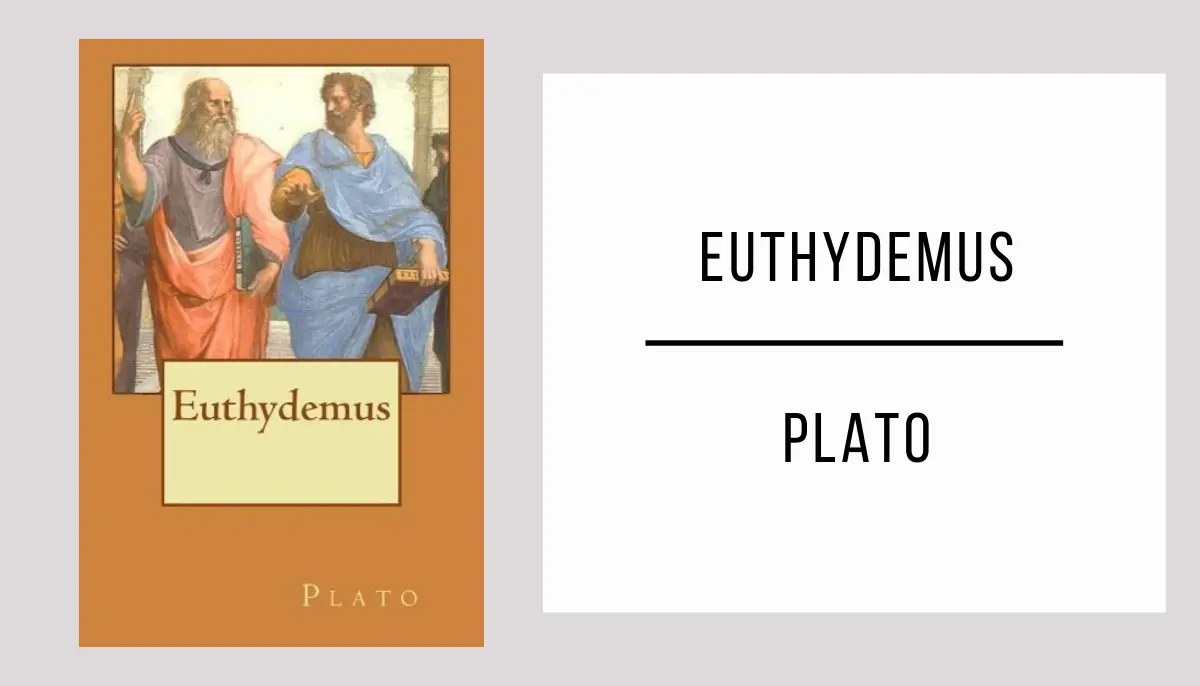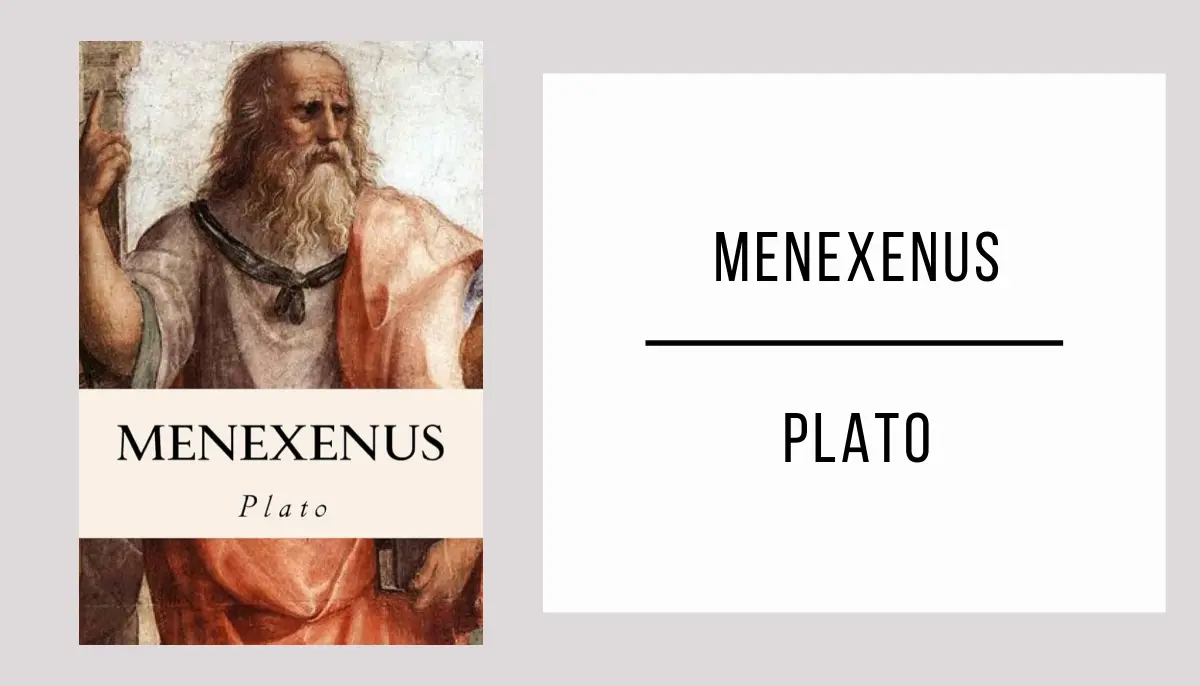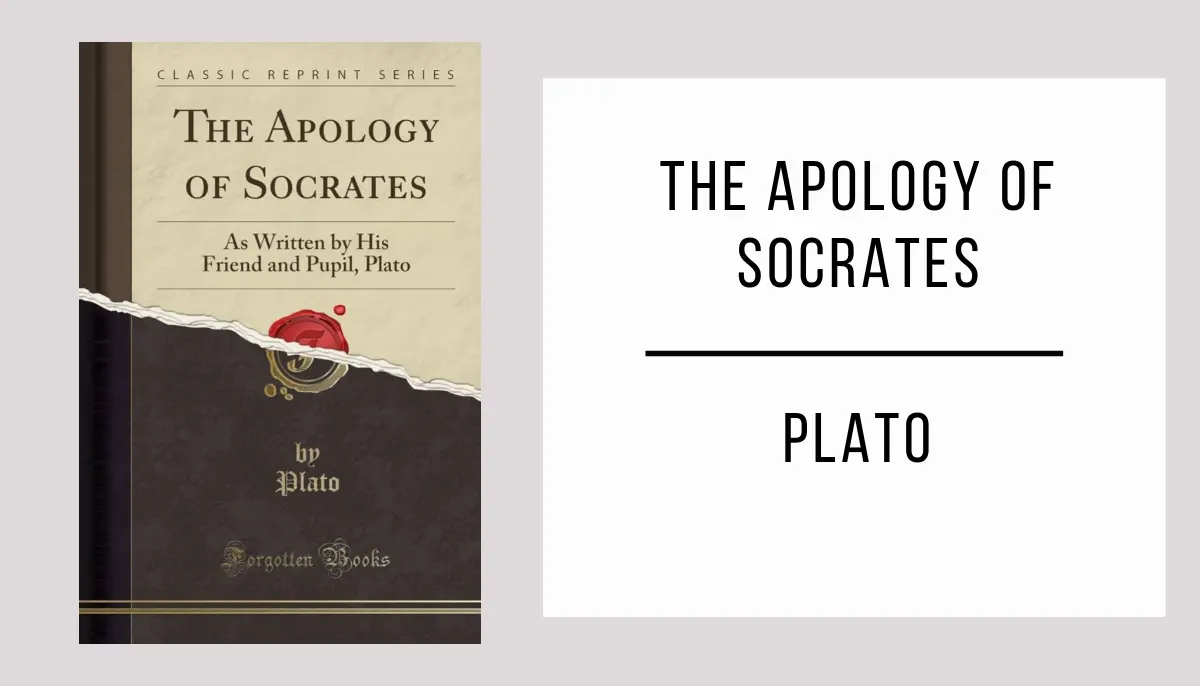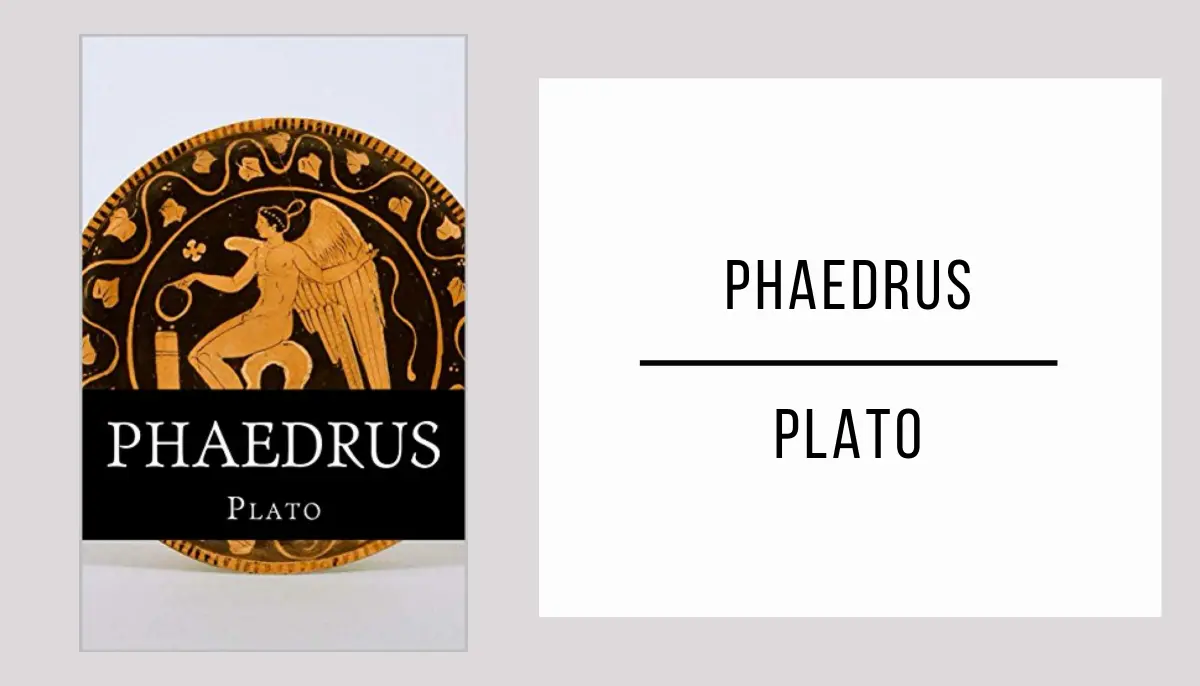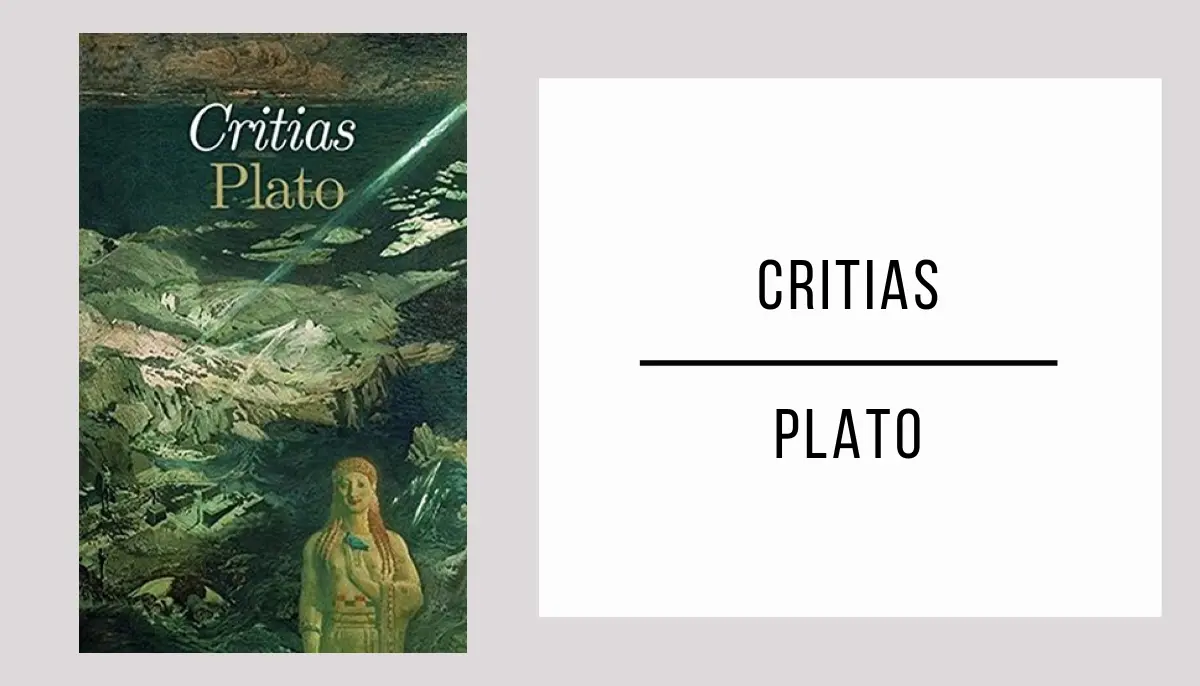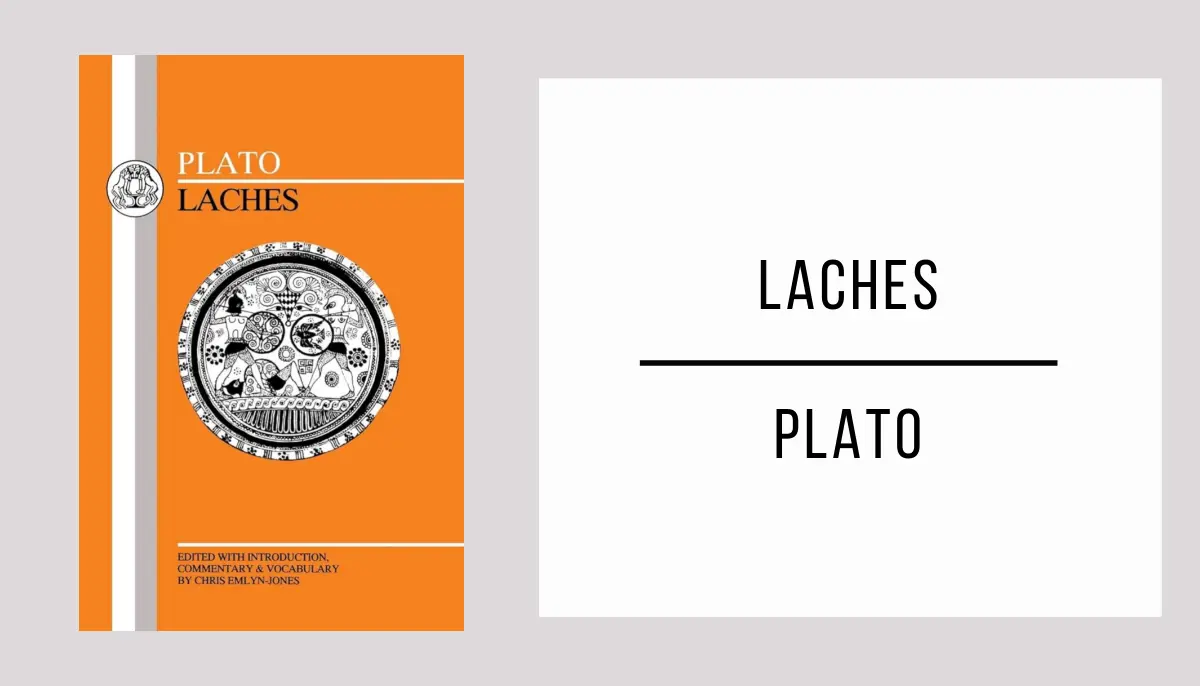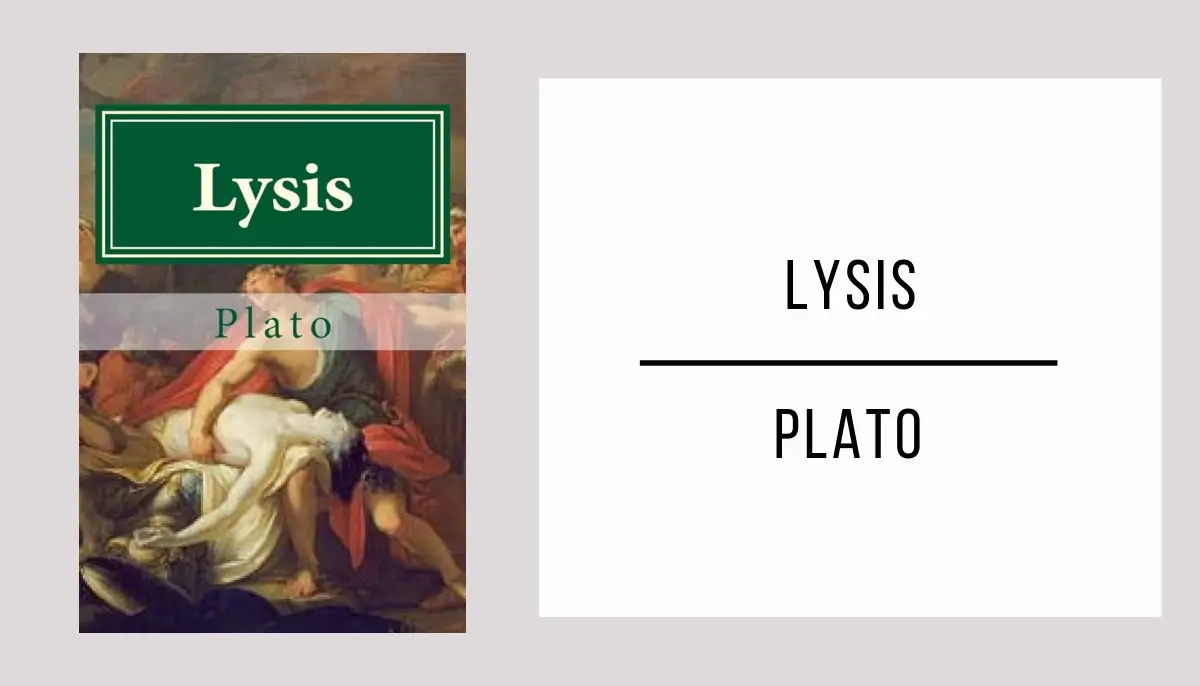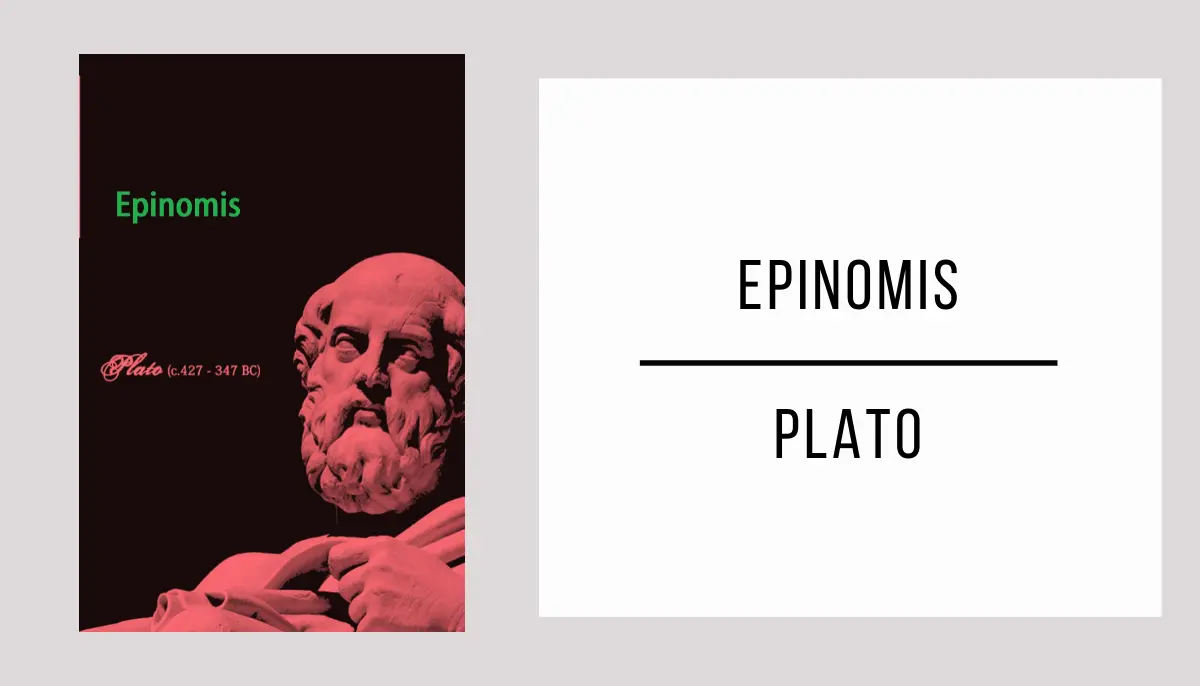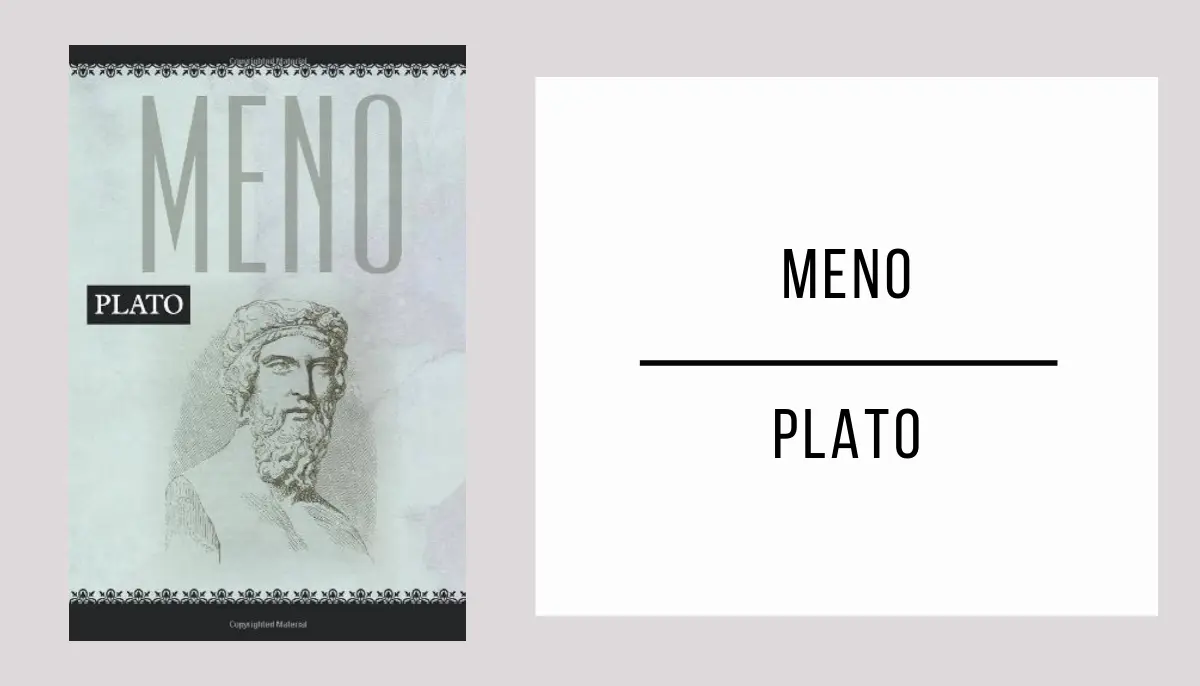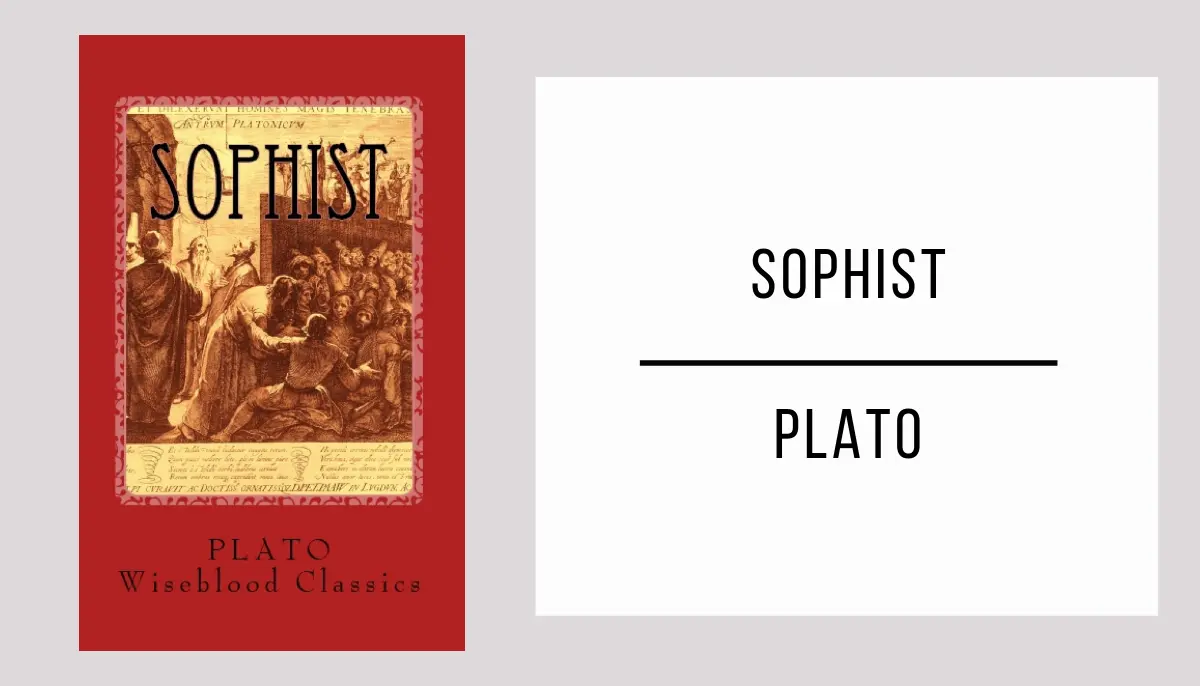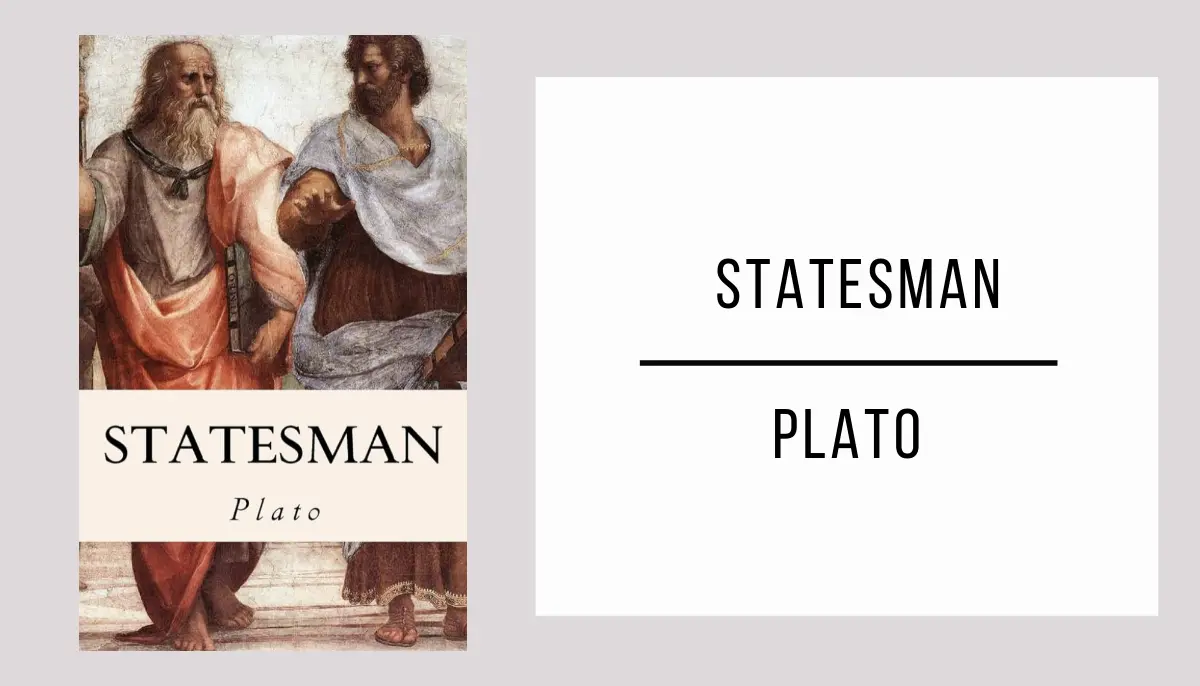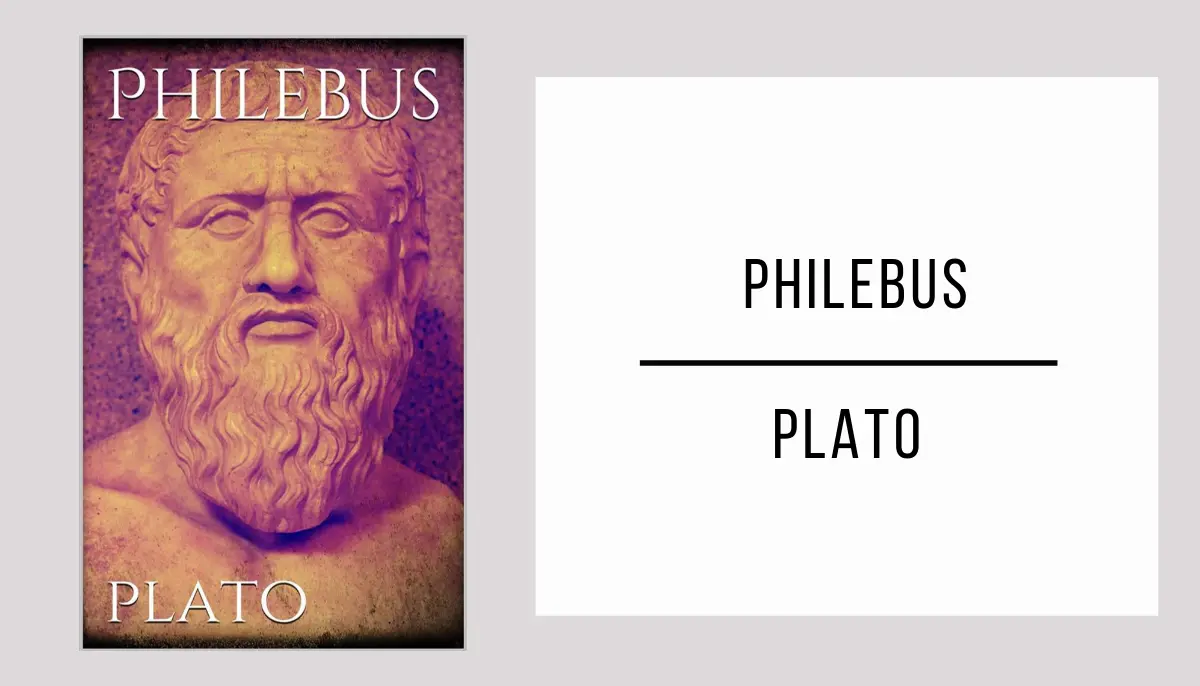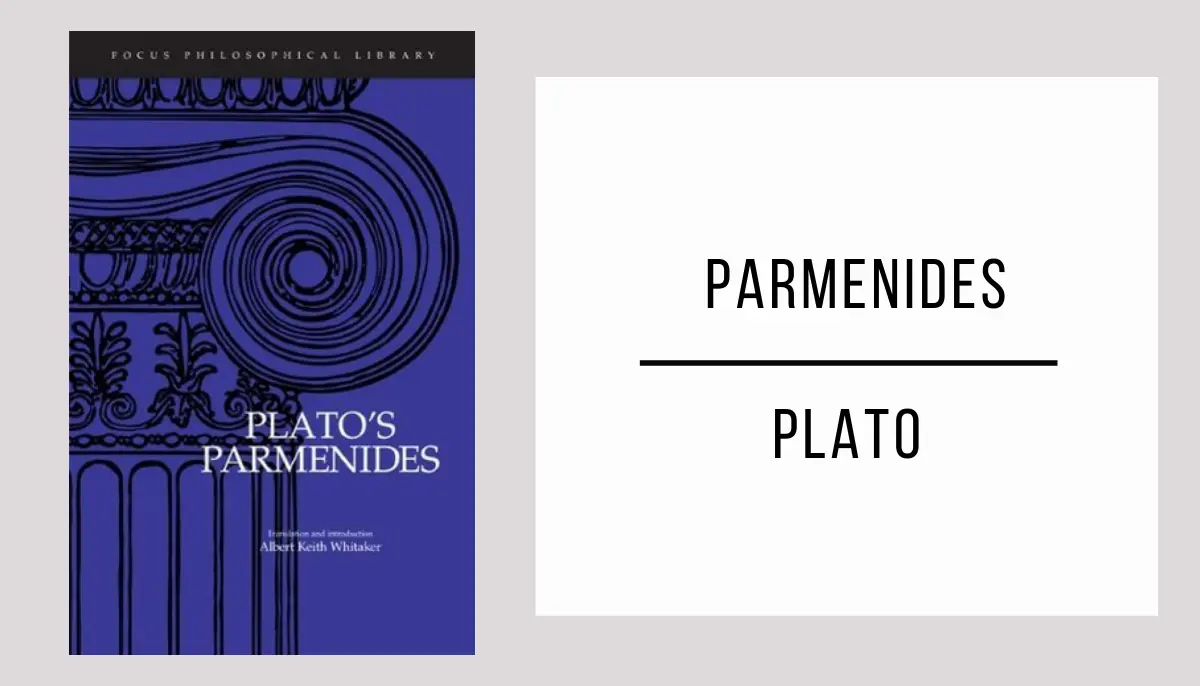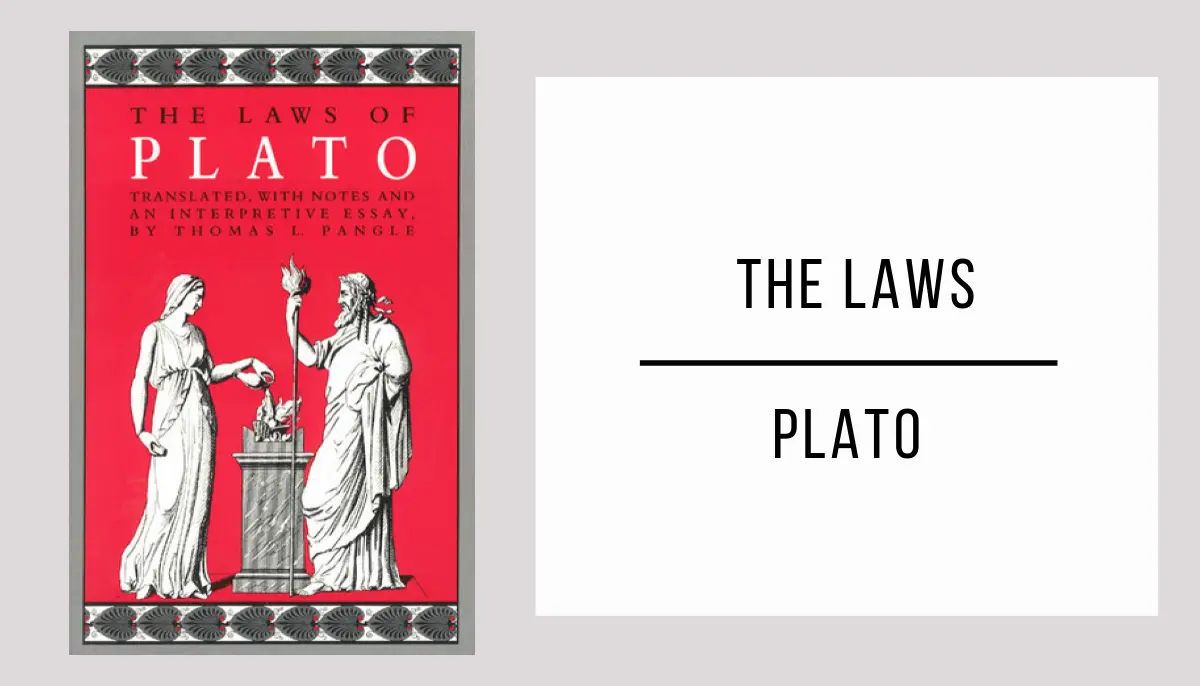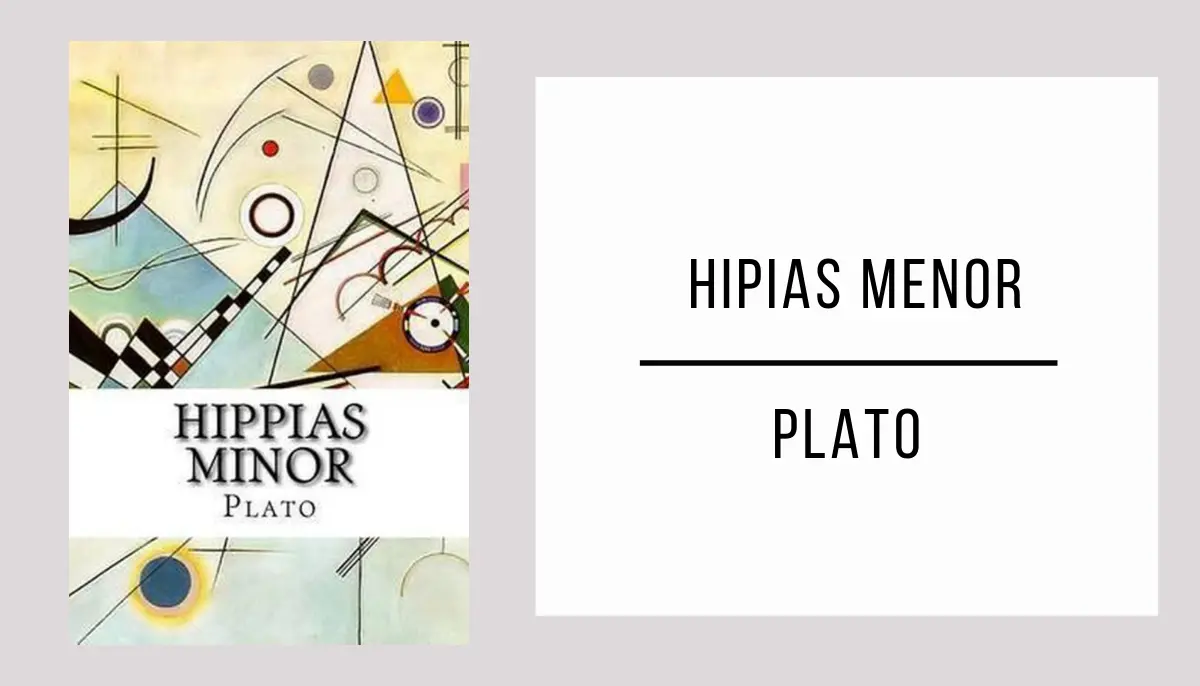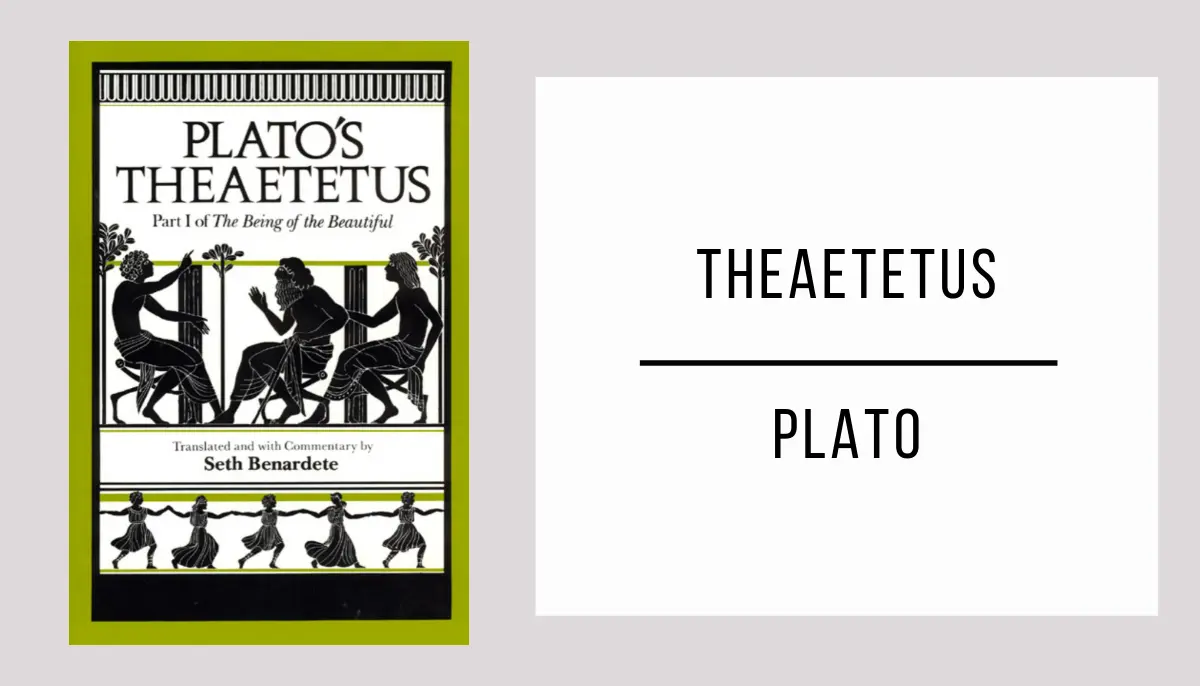“Protagoras” by Plato is a fascinating philosophical dialogue that will transport you to the ancient world, exploring themes such as the nature of knowledge and morality.
Download “Protagoras” by Plato in PDF format for free now and enjoy this literary gem in the comfort of your device.
Dare to explore the ideas and philosophical debates presented in “Protagoras” by Plato. This book will challenge you to question your beliefs and delve into self-knowledge.
Protagoras in PDF format
*Wait a few seconds for the document to load, the time may vary depending on your internet connection. If you prefer, you can download the file by clicking on the link below.
Loading fileInformation Protagoras
- Author: Plato.
- Publication Date: Approximately in the year 380 B.C.
- Main Characters:
- Protagoras: Renowned sophist and philosopher.
- Socrates: Disciple of Protagoras.
- Callicles: Young Athenian.
- Hippocrates: Friend of Socrates and aspiring disciple of Protagoras.
- Brief Summary: In “Protagoras,” Socrates encounters Protagoras, one of the prominent sophists of the time, and engages in a dialogue about the nature of virtue and knowledge. Through a profound debate, Socrates questions Protagoras’ ideas about teaching virtue and seeks to define what it means to be virtuous.
- Thematic Analysis: “Protagoras” focuses on philosophical discussion regarding the nature of virtue and knowledge, exploring themes such as moral education, the relativity of values, and the importance of dialogue in the pursuit of truth. The dialogue also reflects on the role of sophists in society and their influence on the formation of citizens.
- Historical Context: “Protagoras” was written during the classical period of Ancient Greece, a time when philosophy and politics were highly relevant. Sophists, like Protagoras, were known for their rhetorical skill and teaching various abilities, including virtue. Plato’s dialogue is situated in the midst of this intellectual context, aiming to examine sophist ideas through the Socratic method of questioning and argumentation.
Plato Books
This is our complete collection of Plato’s free books.


